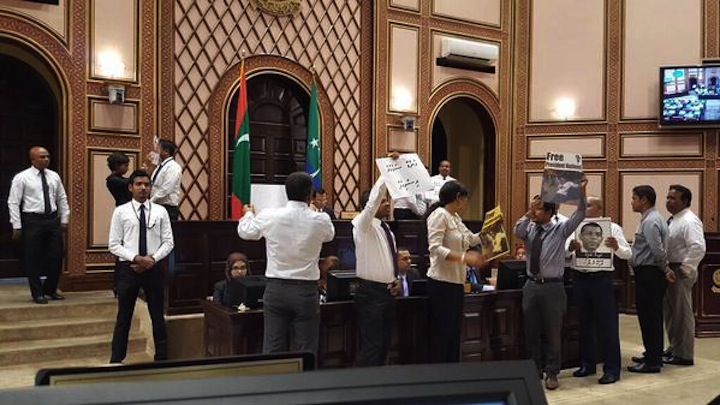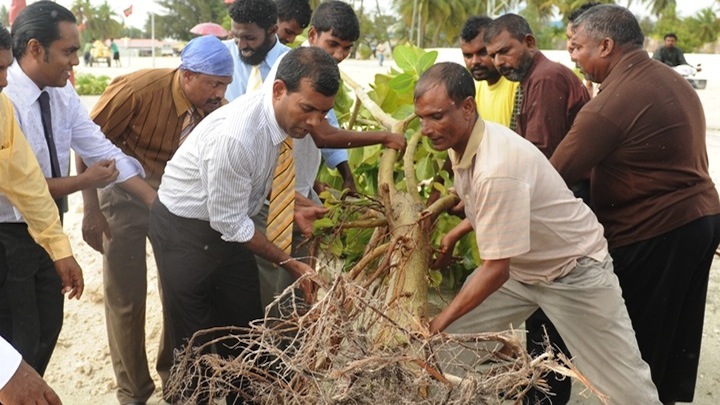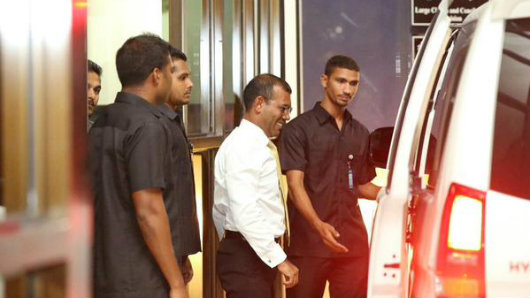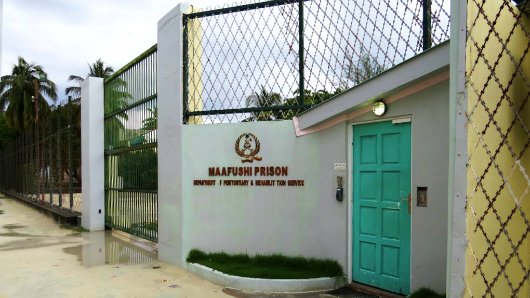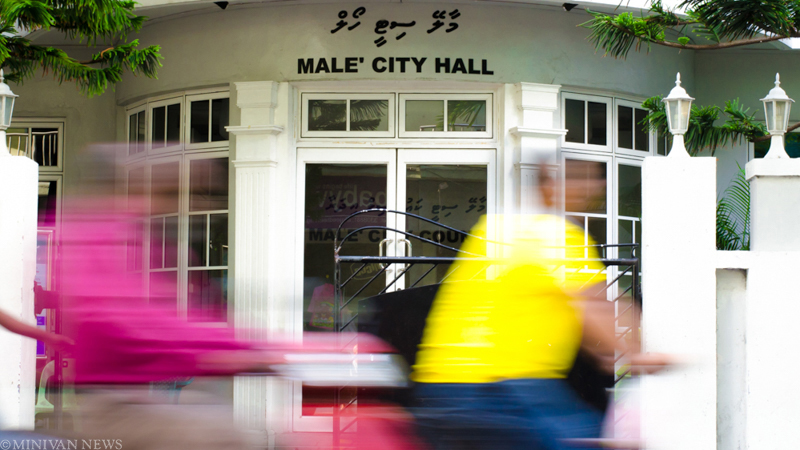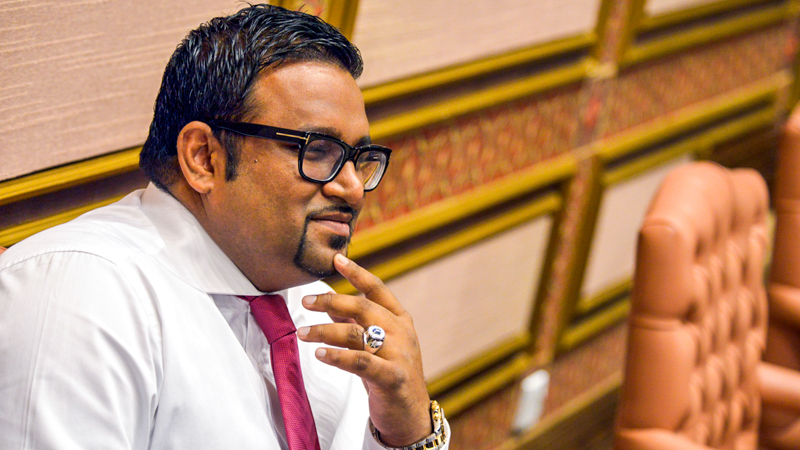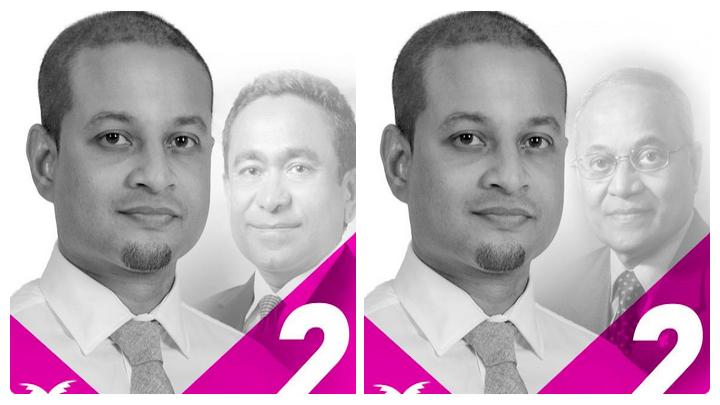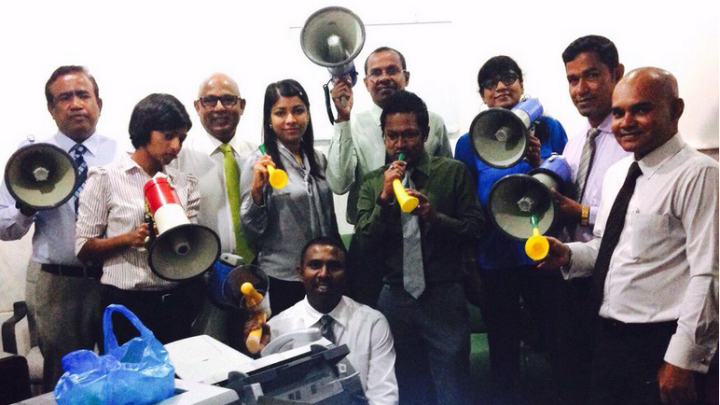The parliament today reversed import duty hikes for garments and motorcycles, three weeks after increased rates came into force.
Higher tariffs approved by parliament in December as part of revenue raising measures proposed by the government came into force on April 1.
However, days before the changes took effect, economic development minister Mohamed Saeed told the press that the government was reviewing the new rates as motorcycles had become “a basic need in the Maldives”.
The custom duty for motorcycles had been raised from 100 to 150 percent.
A marketing executive at Sheesha Pvt Ltd, one of the largest automobile whole-sale and retail traders in the country, told Minivan News today that the company has not increased prices as its last shipment arrived before April 1.
Sales picked up dramatically in early February and its stock of motorcycles was completely sold out before April, the executive said.
In late March, hundreds of people queued up to buy cigarettes before import duties on tobacco was hiked from 150 to 200 percent and from 90 laari to MVR1.25 for a single cigarette.
The amendments passed today also require the customs authority to reimburse motorcycle importers who were charged the hiked rates from April 1.
However, Sheesha does not expect a reimbursement as its new shipment has not cleared customs yet.
According to a 2011 report by the Environment Protection Agency, one in six residents of the capital own a motorcycle.
Debate and voting on the government-sponsored legislation meanwhile took place today amid continuing protests by opposition Maldivian Democratic Party (MDP) MPs.
The amendments to the import-export law submitted by Progressive Party of Maldives (PPM) MP Jameel Usman were passed with 46 votes in favour.
The import duty for ready-made garments was raised from zero to 15 percent in April last year. The rate will be brought back to zero once the amendments are ratified.
MP Ahmed Nihan, parliamentary group leader of the PPM, said today that discussions are ongoing with the government to reduce tariffs for other items as well, including heavy-duty vehicles used for construction.
Former minister Mahmoud Razee told Minivan News earlier this month that the government was “flip-flopping” with its policy reversals.
In December, the government also reversed a decision to impose a 10 percent import duty on staple foodstuff such as rice, flour, wheat and sugar.
“There’s no clear-cut, defined, long-term policy,” the economic development minister under the MDP government said.
Revenue raising measures
This year’s record MVR24.3 billion (US$1.5 billion) state budget includes MVR3.4 billion (US$220 million) anticipated from new revenue raising measures.
In addition to revisions of import duty rates, the measures include the introduction of a “green tax” in November, acquisition fees from investments in special economic zones, and leasing 10 islands for resort development.
The government expected MVR533 million (US$34.5 million) in additional income from import duties.
On April 1, the import duty for oil or petroleum products was raised from zero to 10 percent while duties for luxury cosmetics and perfume was increased from zero to 20 percent.
The import duty for cars, vans, and jeeps was hiked to 200 percent.
Import duties were also raised in April 2014 for most items, including textiles, cotton, sugar confectionaries, iron, steel, diesel motor oil, and seat covers of passenger vehicles.
